Bashing the BBC often becomes a popular blood sport in times of political instability, and especially if the left is weak and un-able to defend itself. You only have to think back to the period when Margaret Thatcher was leading the Tories and lambasting Auntie to recognise that there is some truth in this aphorism. It’s not surprising, then, that we’re going through another phase of repeated attacks on the BBC’s impartiality, the unfair advantage provided by the licence fee, its ‘dumbing down’ to satisfy a broad audience.
Those of us who rely on listening to the radio to keep us sane in a mad, mad world need to rally round and keep on insisting why we so love and admire the Corporation if we want it to survive as a publicly funded institution. Not specifically for its news — although we should never, ever take for granted the fact that the BBC always sets out to be impartial, and can usually, although not always, be trusted to be so. Not for all the programmes on its schedules — the list of those I could happily never listen to (or watch) again would run to several pages. But for the simple fact that the BBC and its programmes are always there, always promising an opportunity to discover something new or provide respite from everyday cares, or simply to reflect our lives as they are, providing that peculiar consolation of recognition. The reason why so many of us are still tuning in to the BBC is that through its seven radio stations it offers everything from news to live chat, via live sport, live music, live theatre, and at whatever time we might be listening. Sometimes it gets it wrong; that’s inevitable with such a broad and unwieldy portfolio. But who can match it at its best?
This week on Radio 4 you could have tuned in on Saturday afternoon and discovered a rare treat from that master of dramatic interplay Jack Rosenthal, much missed from the TV schedules for plays like Bar Mitzvah Boy and The Knowledge. In Eskimo Day (directed by Marion Nancarrow), set in 1966 and adapted from Rosenthal’s original script by his daughter Amy, two sets of over-anxious parents accompany their children to Cambridge for an interview. Will either of them be accepted at Queen’s college?
Perhaps predictably, to create comic dissonance, one set of parents is from Blackburn, the other from Cheltenham. But Rosenthal was far too canny and sharp-eyed a writer to be content simply to make the clash of class and accent the point of his play. He understood that what was really significant was what the parents shared, not how different they might appear on the surface. We laugh incidentally at their disparity, but the play revolves around their unwillingness to grasp the fact that their children are just about to leave home, or rather to stand up for themselves, to become distinct, separate individuals they might not know, let alone control. We feel Harriet’s pain (brilliantly played by Lucy Robinson) as she faces up to the fact that once ‘Muffin’ has gone, she’ll be left alone with the bumptious, domineering Hugh, who’s just about to be exposed for who he really is.
This could have been quite enough poignancy and pain for one play. But to create further depth and texture Rosenthal adds a subplot, connected in that it’s also about a father-son relationship (played by real-life father and son Timothy and Samuel West), but taking us to the end of life when the son (who happens to be the tutor at Queen’s in charge of interviews) takes his father to visit a potential care home. ‘Ask me why children turn their parents into children,’ says James, the father, in a short but telling scene that will ring true to anyone in the same position. Meanwhile Shani from Blackburn (sharply defined by Pooky Quesnel) admits about her son, ‘He’s on his way now,’ before adding, ‘I feel cold.’
Thursday afternoon’s play, in contrast, was a two-hander by a relative newcomer Padraic Walsh. To have just two voices is a format that works particularly well on radio because of its immediacy, the way you can imagine that you’re also sitting in the pub, somewhere in Ireland, struggling to overhear the conversation between Sean and Neil. What are they talking about? Why does what at first appears to be a friendly catch-up turn into a heated exchange of about 23 missed calls, the reasons for Neil’s absence at his father’s funeral, his wayward life so far. Foxes (directed by Peter Kavanagh) was intensely written, the dialogue fast-cutting, disclosing not through the words themselves but through what was lying behind them, dormant till now but suddenly aflame.
Over on the World Service on Sunday, meanwhile, Music Extra introduced us to the pianist Gabriela Montero. Born in Caracas in 1970, Montero was by the age of eight already playing Haydn concertos in front of an orchestra. Now, though, she is better known for ‘improvisations’ on Mozart, Paganini, Shostakovich. Such ‘daring’ is regarded as sacrilegious by some, but we heard from those classically trained musicians who have been converted by her virtuosic and enigmatic performances, and were given enough clips of her playing to make up our own minds.
Got something to add? Join the discussion and comment below.
Get 10 issues for just $10
Subscribe to The Spectator Australia today for the next 10 magazine issues, plus full online access, for just $10.
You might disagree with half of it, but you’ll enjoy reading all of it. Try your first month for free, then just $2 a week for the remainder of your first year.

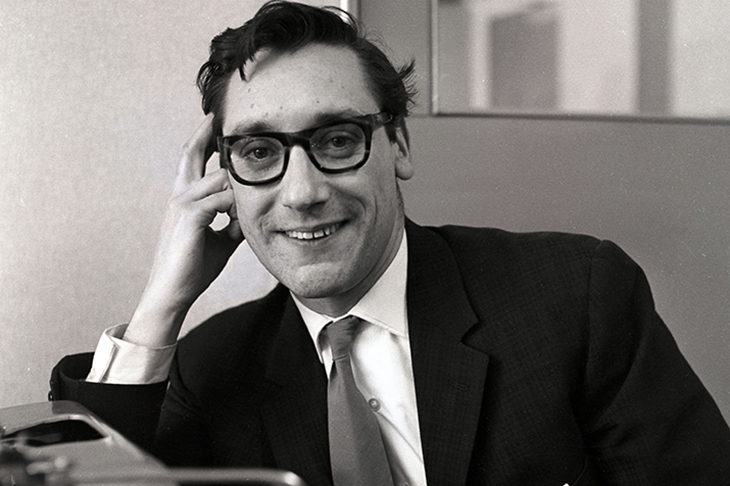


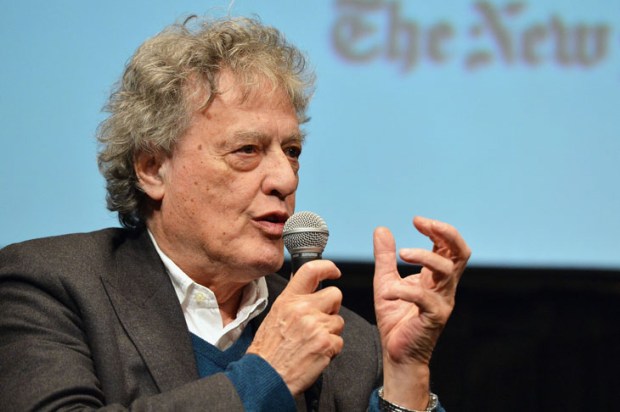
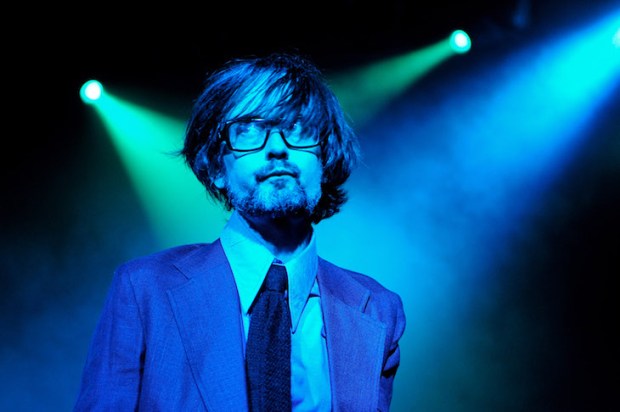
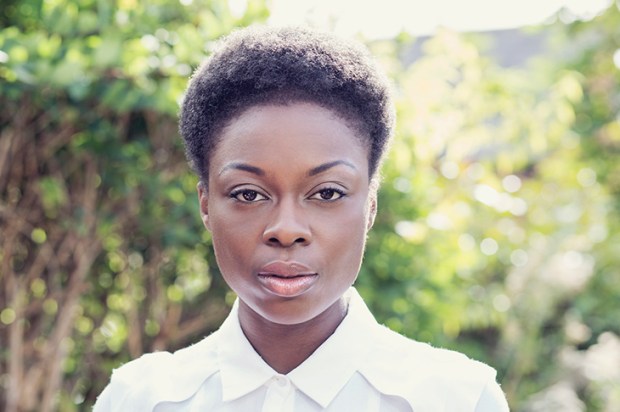
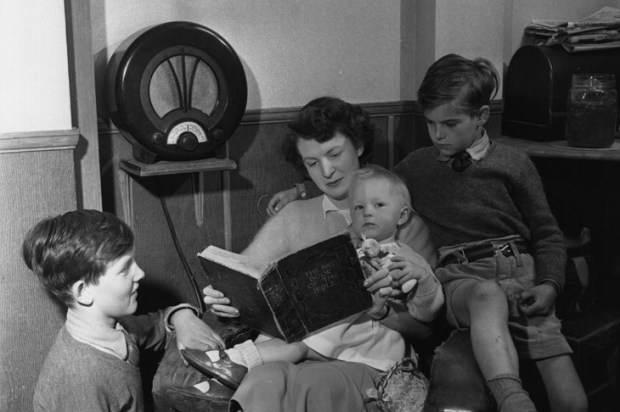






Comments
Don't miss out
Join the conversation with other Spectator Australia readers. Subscribe to leave a comment.
SUBSCRIBEAlready a subscriber? Log in